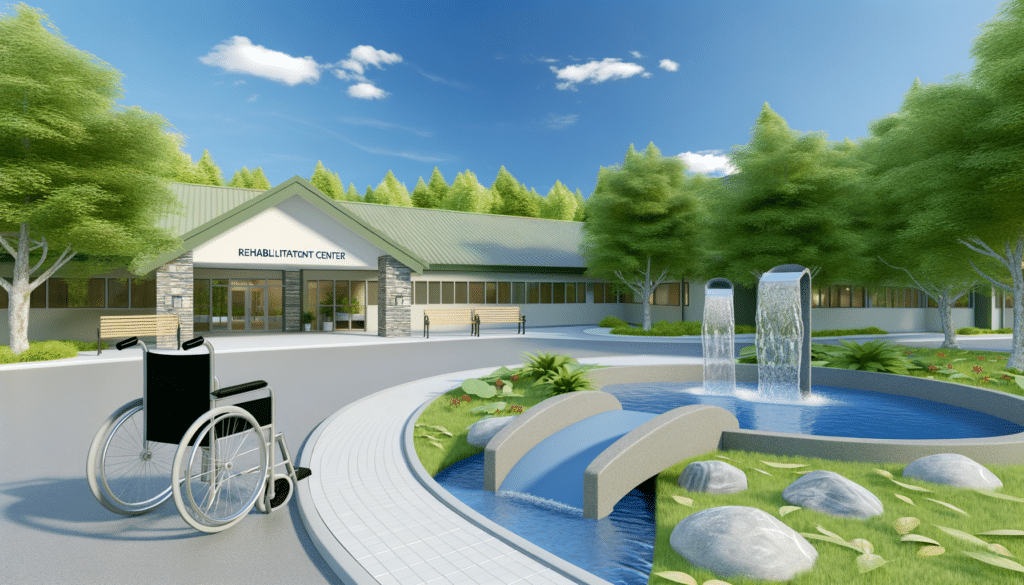Types of Rehabilitation Centers
There are several types of rehabilitation centers, each tailored to address different needs. Substance abuse rehab centers focus on helping individuals overcome addiction to drugs or alcohol. These facilities provide detoxification services, therapy, and aftercare programs. Mental health rehab centers specialize in treating mental illnesses such as depression, anxiety, and bipolar disorder. They offer therapeutic interventions, medication management, and support groups. Physical rehab centers, on the other hand, cater to individuals recovering from injuries or surgeries. They provide physical therapy, occupational therapy, and other forms of rehabilitation to enhance mobility and function.
The Rehabilitation Process
The rehabilitation process typically involves several stages, starting with an initial assessment to determine the individual’s needs. This is followed by the development of a customized treatment plan. For substance abuse rehab, the process often begins with detoxification, which helps to manage withdrawal symptoms. This is followed by various forms of therapy, such as cognitive-behavioral therapy and group therapy, to address the psychological aspects of addiction. Mental health rehab may involve a combination of medication and therapy to stabilize the individual’s condition. In physical rehab, the focus is on exercises and activities that help restore physical function and reduce pain.
Importance of a Supportive Environment
A supportive environment is crucial for the success of rehabilitation. Rehabilitation centers provide a safe and structured setting where individuals can focus on their recovery without distractions or triggers. The presence of trained professionals, including doctors, therapists, and support staff, ensures that individuals receive the care and encouragement they need. Peer support is also an important component, as it allows individuals to connect with others who are going through similar experiences. This sense of community can provide motivation and reduce feelings of isolation.
Aftercare and Continuing Support
After completing a rehabilitation program, continued support is essential to maintaining long-term recovery. Many rehabilitation centers offer aftercare services, which may include ongoing therapy, support groups, and relapse prevention programs. These services help individuals transition back to their daily lives while providing a safety net to prevent relapse. Additionally, family involvement is often encouraged, as a strong support system can significantly impact recovery outcomes. By participating in aftercare programs and maintaining healthy habits, individuals can continue to build on the progress they made during rehabilitation and achieve sustained recovery.

